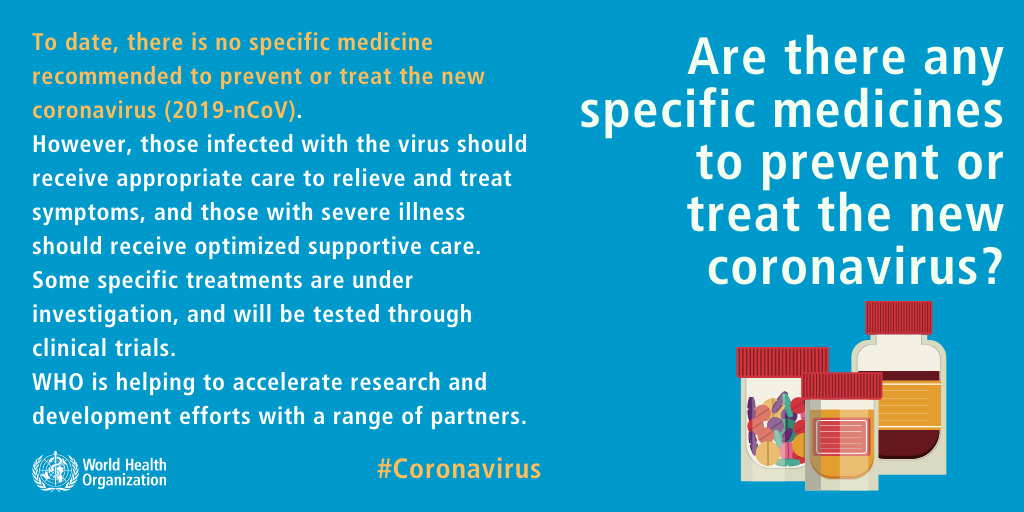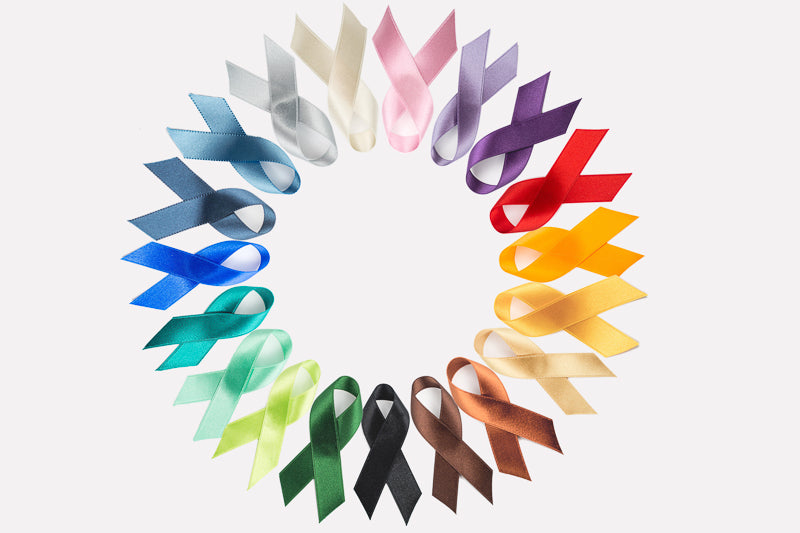“The greatness of a community is more accurately measure by the compassionate actions of its member.” -Coretta S. King
Without community there would be no Elle Marie Co. A community is more than just a group of people living in an area. A community is a group of people we lean on when times are tough; it is a sense of support around you from a big group of people who are there for us when we need love, support and encouragement.
Amid the unfortunate outbreak of the Coronavirus, a portion of our February proceeds will be donated to aid first responders, crucial medical supplies and medical masks to help address supply shortages around the world. Our thoughts and prayers continue to be with those who are impacted by the novel Coronavirus outbreak.
Click Donate below to provide support:
What is a Virus ?
Viruses are microscopic parasites, generally much smaller than bacteria. They lack the capacity to thrive and reproduce outside of a host body. The primary role of the virus or virion is to deliver its DNA or RNA genome into the host cell so that the genome can be expressed (transcribed and translated) by the host cell. Once inside, viruses release their genomes and also disrupt or hijack various parts of the cellular machinery. Viral genomes direct host cells to ultimately produce viral proteins (many a time halting the synthesis of any RNA and proteins that the host cell can use). Ultimately, viruses stack the deck in their favor, both inside the host cell and within the host itself by creating conditions that allow for them to spread.
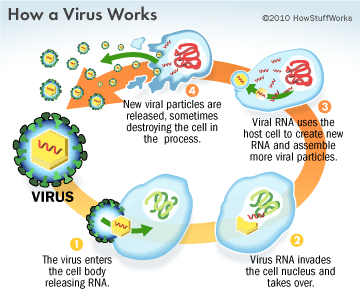
What is a novel coronavirus (nCoV)?
The 2019 Novel Coronavirus, or 2019-nCoV, is a new respiratory virusA novel coronavirus (nCoV) is a new coronavirus that has not been previously identified. The 2019 novel coronavirus (2019-nCoV), is not that same as the coronaviruses that commonly circulate among humans and cause mild illness, like the common cold.
How does the virus spread?
This virus probably originally emerged from an animal source but now seems to be spreading from person-to-person. It’s important to note that person-to-person spread can happen on a continuum. Some viruses are highly contagious (like measles), while other viruses are less so. At this time, it’s unclear how easily or sustainably this virus is spreading between people.
Does the new coronavirus affect older people, or are younger people also susceptible?
People of all ages can be infected by the new coronavirus (2019-nCoV). Older people, and people with pre-existing medical conditions (such as asthma, diabetes, heart disease) appear to be more vulnerable to becoming severely ill with the virus.
World Health Organization (WHO) advises people of all ages to take steps to protect themselves from the virus, for example by following good hand hygiene and good respiratory hygiene.
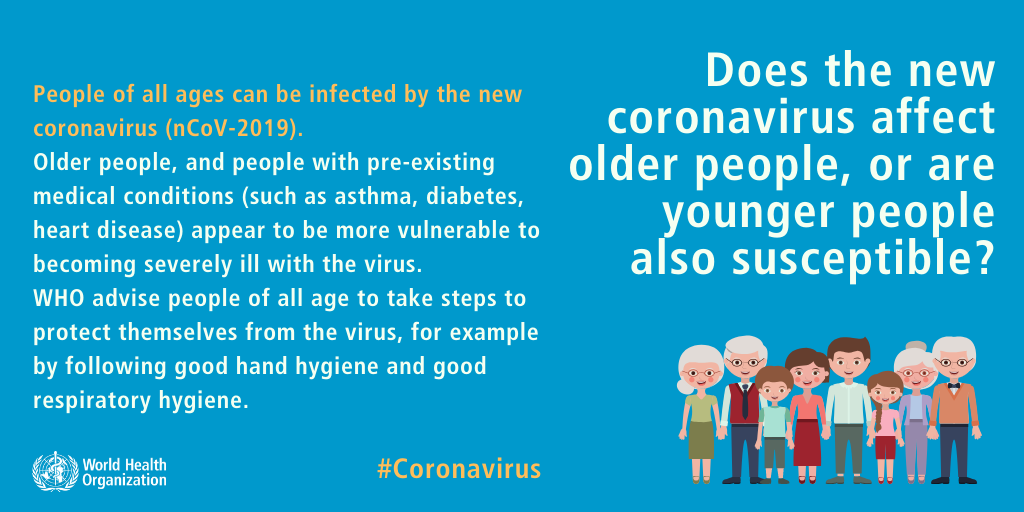
Are antibiotics effective in preventing and treating the new coronavirus?
No, antibiotics do not work against viruses, only bacteria.
The new coronavirus (2019-nCoV) is a virus and, therefore, antibiotics should not be used as a means of prevention or treatment.However, if you are hospitalized for the 2019-nCoV, you may receive antibiotics because bacterial co-infection is possible.
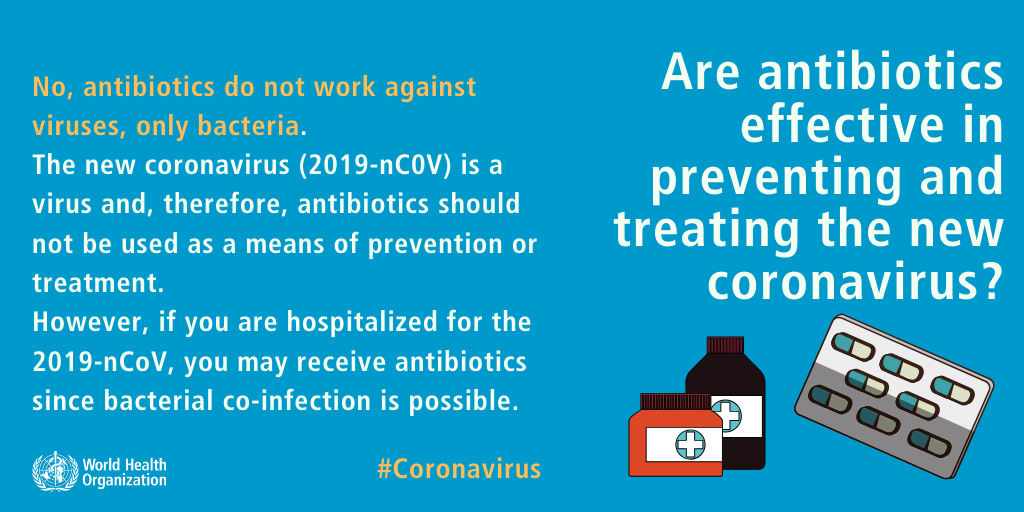
Are there any specific medicines to prevent or treat the new coronavirus?
To date, there is no specific medicine recommended to prevent or treat the new coronavirus (2019-nCoV).However, those infected with the virus should receive appropriate care to relieve and treat symptoms, and those with severe illness should receive optimized supportive care. Some specific treatments are under investigation, and will be tested through clinical trials. WHO is helping to accelerate research and development efforts with a range or partners.
